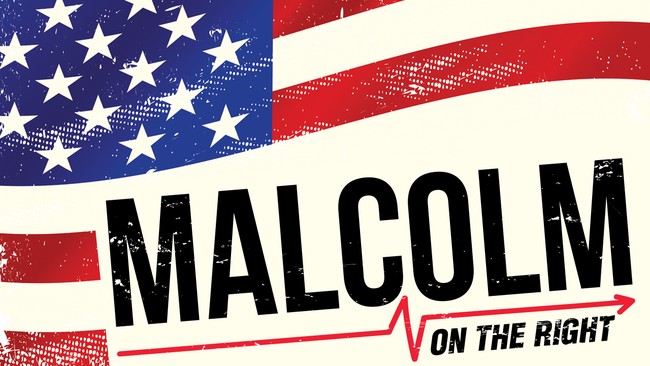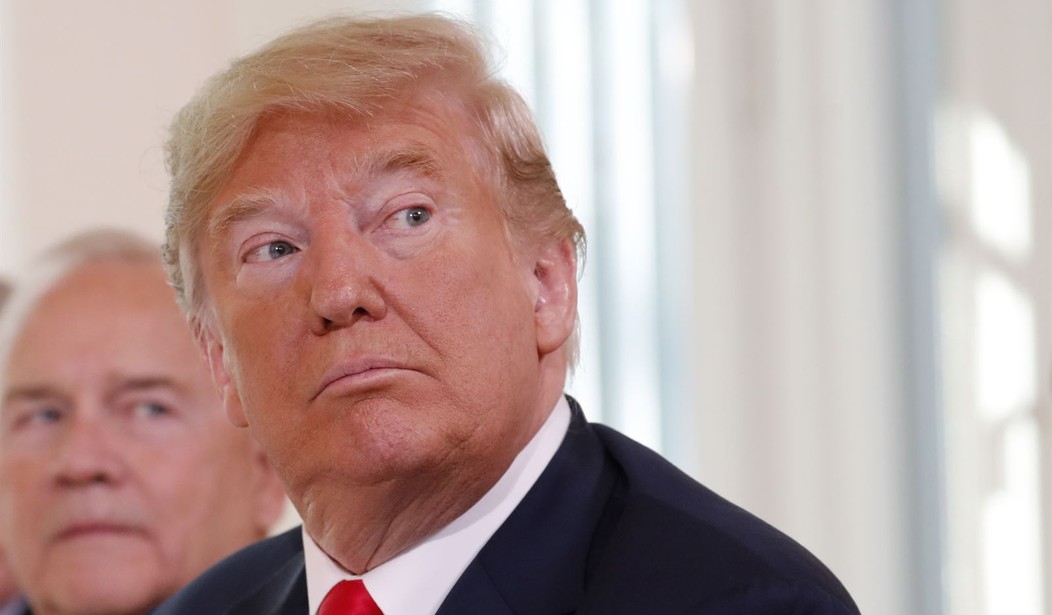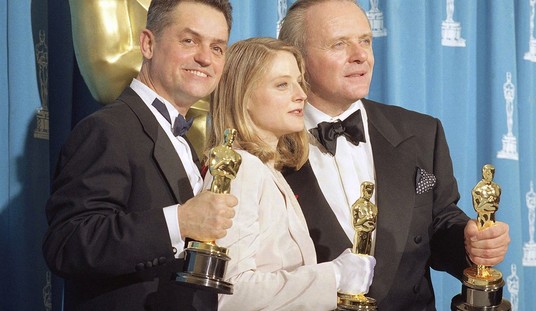As a revealing example of his fabled deal-making prowess, Donald Trump has described viewing the construction site on one of his massive projects the day before some potential foreign investors were to visit.
Trump said he told the construction foreman to have more men and machines busy on the site the next day. The foreman complied, and the investors were suitably impressed by the sight of the site.
In Alaska, as Trump welcomed Russia’s Vladimir Putin for talks on ending his invasion of Ukraine, an ominous B-2 bat-wing bomber and four F-22s, the world’s top air-superiority fighter, just happened to fly over in formation.
The sights and sounds of such coordinated power, recently used to attack Iran's nuclear facilities, were truly impressive, even on video. Putin noticed and remarked. And for a full day, U.S. social media hailed Trump for “owning” the Russian visitor so close to his own country.
Putin may have been impressed like those foreign investors. However, no ceasefire came out of that bilateral summit. In fact, Putin’s forces bombed more Ukrainian civilian sites even as he chatted with Trump.
Trump had vowed “very severe consequences” if Putin did not budge. So, he agreed to meet. And the Russians’ global isolation now appears breached, at least temporarily.
Ending or even pausing a war is tricky business, unless someone surrenders. Both sides have the real say, and a third-party mediator has precious little of what Trump views as his most effective tool: Leverage.
Trump has threatened to walk away, a key element he maintains in his negotiating strategy. But he’s shown no sign of actually doing that now.
The U.S. leader could withhold support from Ukraine, which would hand victory to Putin. He could slap more sanctions on Russia. They make good photo ops, but haven't changed Moscow's behavior in 18 years. So, how would more make any difference?
Trump laid out his philosophy to ghostwriter Tony Schwartz in 1987’s “The Art of the Deal”:
My style of deal-making is simple and straightforward. I aim very high and then I just keep pushing and pushing and pushing to get what I’m after. Sometimes I settle for less than I sought. But in most cases, I still end up with what I want.
Trump has pulled off some colossal deals in his 79 years of life in real estate, sports, business, television, courts, public opinion, and politics, not the least of which was his unlikely defeat of 16 other Republicans and then the historic upset of President-in-Waiting Hillary Clinton in 2016. Followed by his historic White House comeback in 2024.
Since retaking office, Trump has been making successful deal after successful deal, reining in media excesses with expensive legal settlements, forcing Woke universities to pay huge penalties, getting law firms to make generous settlements in pro bono work, whipping slim GOP congressional majorities into obedient line, and getting chip makers, in effect, to pay royalties to the Treasury for lucrative AI export licenses to China.
DIVE DEEPER: Selling AI Computer Chips to China: What Could Possibly Go Wrong?
And he’s helped secure peace agreements between several smaller feuding countries. But forging peace in Europe's largest armed conflict since World War II is his largest challenge ever.

During last year’s campaign, Trump said he could bring peace in 24 hours. Obviously, that didn’t happen. And even 24 months might well be too short a window to peacefully match a ruthless Russian ruler who started an unprovoked war with a neighboring country that knows he wants to erase its very national existence.
Trump's positions have evolved this year. He has expressed displeasure with both sides' leaders. Last month, after a phone call with Putin, Trump told reporters, "We get a lot of bullshit thrown at us by Putin, if you want to know the truth. He’s very nice to us all the time, but it turns out to be meaningless.”
But at a G7 meeting this summer, Trump blocked an allied move to lower the price cap on Russian oil, which would have cut the oil revenues used to finance the war. Trump has dropped his demand for a ceasefire, which Putin had rejected. Then, after the Alaska summit, the U.S. president supported Putin's demand that Ukraine cede conquered territory to Russia, which Ukraine maintains is unacceptable.
Trump has often said a crucial part of bargaining is the willingness to walk away; he mentioned that again before Alaska. However, he's shown no signs of doing so yet.
Whatever settlement or end ultimately emerges will set the fate of a sovereign nation with some 38 million people, and it will set the tone for Europe’s near future – peace with an expansionist Russia contained for now, or essentially a temporary truce at least until Trump is gone.
Now, criticizing or supporting one side or the other may all be part of Trump’s sophisticated deal-making maneuvers. We won’t know until later.
Everyone sucks up to someone else when they want something. Husbands take out the garbage without being asked and offer back rubs. Teenagers offer to run errands before seeking the family car for Friday night.
Putin is impervious to pleas or goodwill gestures. Barack Obama naively killed an anti-missile defense system in Eastern Europe, hoping to win Putin’s favor, to no avail.
However, like most tyrants, Putin responds only to force or the fear of it. He annexed parts of Georgia when George W. Bush was unpopular and leaving office. Putin annexed Crimea and parts of Eastern Ukraine during Obama’s limp tenure.
But strangely, he did none of that during Trump's entire first term. Then, two months into Joe Biden’s reign of error, Putin began his invasion preparations.
He has said publicly that if Trump had won in 2020, there would have been no Ukraine invasion. The media interpreted that as sucking up. But for once, I believe Putin. He's a killer, but a careful one.
In the end, the American president could sanction Russia again, which hasn’t stopped or altered Putin’s annexations of neighbors since they began in Georgia in 2008.
The reality for now is that Putin has no incentive to stop the invasion. He has every incentive to slow-walk a possible end to fighting, if any. Appear to talk. Argue over minor points. Keep the pressure on Ukraine and a worried Europe. He's got nothing to lose by continuing because “losing” in Ukraine could topple him at home.
Term limits on Russian leaders have been administered abruptly through poisoned tea and from the muzzle of a handgun to the back of the head at night in the deep woods. One former leader was executed with an ice ax, even in quiet exile.
Putin cares naught about any peace prize. He knows he’s winning in Ukraine, slowly, but winning. He’s lost a million men and counting to death or injury there. But that is of no concern to him whatsoever.
And he cares even less about the vast damage and civilian casualties in Ukraine, the neighbor he claims to regard as an integral part of Mother Russia. He's even kidnapped an estimated 40,000 youngsters from occupied Ukraine and taken them to Russia for cultural absorption.

Now, you don't have to be a nice person to be a nation's leader. Historically, Russia's strongmen certainly qualify.
If Putin's domestic critics are lucky, they end up in a gulag. A couple of dozen have involuntarily exited windows in high-rise buildings. The rebellious leader of the Wagner militia was in a private plane that happened to explode at high altitude. Nothing suspicious to investigate there.
Russian promises are temporary conveniences. In 1994, when Putin was a KGB colonel, his country agreed, along with Western powers, to guarantee Ukraine’s independence when it relinquished all its Soviet-era nuclear weapons.
That was discarded in February 2022 by Putin’s invasion. Which is why some kind of security guarantee seems necessary in any war settlement to protect the future of Ukraine and other adjacent Russian neighbors, like Finland and the Baltic states, all now NATO members.
Trump knows this time his deal-making prowess is up against the toughest customer yet. Remember Trump’s 60-day deadline for Iran? On Day 61, those B-2 bombers under Trump's orders paid a visit to their nuclear weapons facilities.
There are no guarantees yet. Trump appears reluctant at the moment, but it seems most likely that he would need to return to a tougher stance toward Putin if he genuinely wants to force any Russian movement on the war. The American leader has a large reputation to keep and build, and 40 more months to wield it.
With no practical term limits, dictators have the luxury of time, patience, and a complete disregard for human life to outwait the passing determination of democracies, as the Taliban and Vietnamese Communists demonstrated.
They only respect force. The Soviet Union invaded Afghanistan in 1979. It took Moscow only 10 years to realize that conquering those feudal tribes was hopeless. It took the U.S. 20 years.
Even with North Korean and Chinese help, the 72-year-old Putin could pause or stop the fighting now, declare a win. He would gain some valuable sanctions relief, give Trump an apparent victory to ease pressure, and earn himself time to rebuild his decrepit military.
And then, just as he did during Trump’s first term, he patiently awaits the next U.S. president, who might be more malleable with less political will and endurance.
A Postscript: This is a favorite true anecdote about what people are willing to put up with to get what they want: During the 2003 Iraq War, Allied forces captured Baghdad, and Saddam Hussein took flight.
As troops methodically checked city buildings one by one, U.S. Marines came upon a well-appointed residence housing Saddam Hussein’s mistress, or one of them. Predictably, the walls contained forbidden libertine paintings.
But the mistress’ bedroom was the revealing surprise. It turns out that in order to slip into bed at night with his side lady, even one of the world’s most evil tyrants had to remove a soft mountain of those useless pastel-colored throw pillows that women covet.














